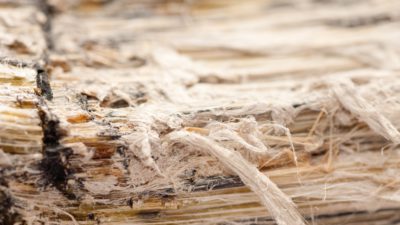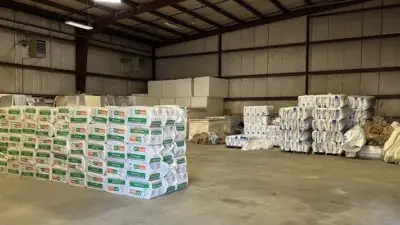Once you have turned your air conditioner off and you know it won’t be long before you need to kick up your furnace for the winter, it might be easy to forget about your central air. However, your air conditioner is exposed to the elements during the winter months, and this exposure can result in both short-term and long-term damage.
To avoid unnecessary repairs in the spring, consider taking the time to protect your air conditioner during the winter months.
Tips for Protecting Your Air Conditioner During the Winter
Throughout the winter, your air conditioner condenser is going to come in contact with plenty of natural debris. Snow, ice, and leaves all can wreak havoc on your equipment if you do not protect it properly. These tips can help you prevent damage and extend the lifespan of your air conditioner:
Turn off the power to your air conditioner once you are done using it for the season. Not only will this help you save energy, but it also will prevent you from inadvertently starting the unit during the cold weather months. If the unit runs during the winter, the water that runs through the coils could freeze and cause significant damage.
Thoroughly clean the exterior of the unit. Over the course of the summer, grass, weeds, and leaves could have built up around your unit. Before the winter weather arrives in earnest, make sure that your air conditioner is free of excessive debris.
For the most part, the air conditioner is built to withstand the harsh elements of the winter. However, these simple steps can help you prevent issues from arising and can allow you to feel confident that your unit will start in the spring without any issues.
When Should Your Air Conditioner Condenser be Cleaned?
As with any heating and cooling appliance, your air conditioner should be cleaned regularly in order to ensure that it can work effectively and efficiently for years to come. Fortunately, you don’t have to worry about cleaning your condenser every week or even every month. In general, heating and cooling experts recommend that the condenser and coils are cleaned at least once per year. This cleaning can be done during a routine maintenance appointment. Over time, dirt, dust, and debris can build up on the coils and on the condenser, which can make it difficult for the equipment to function at its best. By cleaning the condenser and the coils, the equipment will operate more efficiently for a longer period of time.
Should You Cover Your Condenser for the Winter?
Some homeowners are tempted to cover or wrap their air conditioner condenser during the winter months so that it does not come into contact with snow, ice, and leaves. However, it’s best to avoid wrapping your condenser in its entirety. Covering an air conditioner can actually do more damage than leaving it uncovered because the wrap will trap moisture in the unit which can lead to corrosion. In addition, these large covers can provide rodents with the perfect place to hide out for the winter months. The last thing you want to find in the spring is a family of mice who has made a nice home out of your air conditioner.
Plywood on top of air conditioner condenser
Instead of wrapping plastic around the condenser, you may want to consider putting some plywood over the top of the unit. This will prevent leaves and other debris from falling into the unit, but it will not trap moisture in the unit or cause it to rust. The plywood can rest on top of the unit on its own, or it can be weighted down with rocks or bricks. It’s a simple and cost-effective way to protect your condenser.
It may still be a while before you need to boot up the air conditioner for the summer, but if you want to enjoy a cool, refreshing home this summer season, now is the right time to think about having central air installed. HomeWorks Energy can install either a central air conditioner or a mini-split air conditioner and heat pump system in your home. To learn more about which option may be best for you, contact us today.








